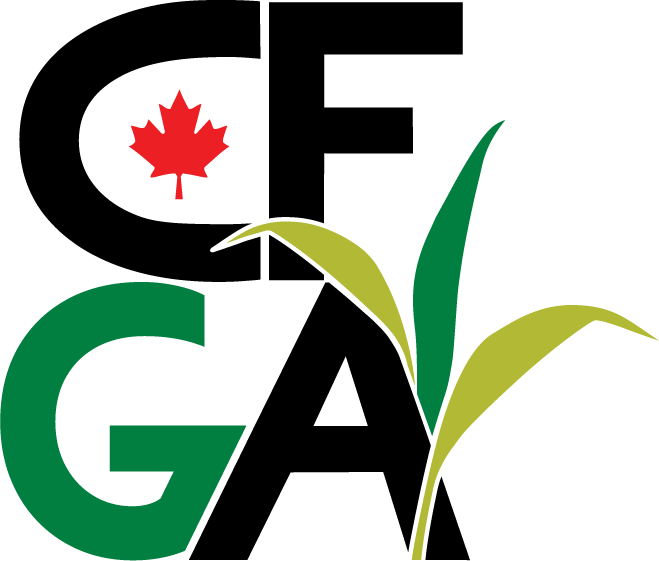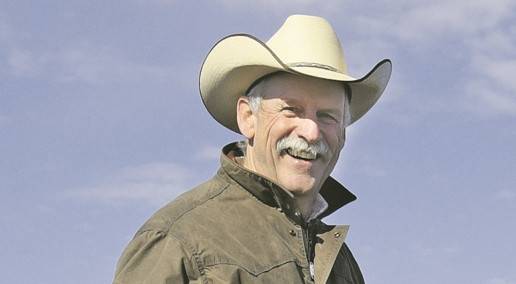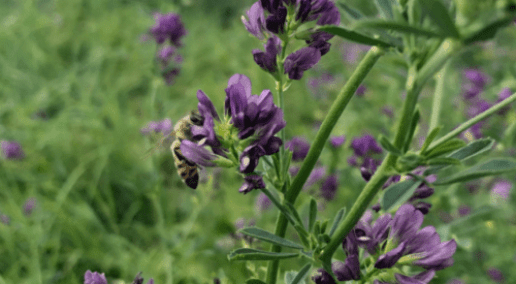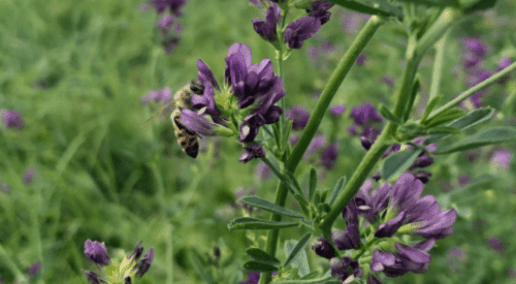During the afternoon session on Nov. 29 at the Canadian Forage and Grassland Association’s 14th Annual Conference in Harrison Hot Springs, B.C., Ross MacDonald with Regeneration Canada presented Grasslands: The gold standard of regeneration! which looked at native grasslands in a regenerative context.
Living on Treaty 4 land, Ross started by positioning himself in a relationship with the native grasslands he lives on as a steward and grazer, and by giving tribute to the treaties and Truth and Reconciliation Commission, as well as learning to listen.
When in discussion about Indigeneity and our direct ties to the native grassland landscape, farmers are a direct beneficiary of ownership of that landscape through the colonial system. We can either choose to ignore this or get reflective about where that truly puts us.
Bringing this to the context of regenerative grasslands and the tools needed, we need to listen to the landscape and soil. Ross said that if we can be quiet enough to just listen to what the land is telling us, we’ll get there; even if we don’t understand the questions we’re working on. Often, the top layer of soil is overlooked.
Regenerative agriculture can be understood through a grassland ecology lens. Regeneration Canada is striving to reframe and update the idea of regenerative agriculture. Their goal is to create a very broad network of people across Canada promoting discussions and practices on regenerative agriculture, using this as a means to mitigate climate change and restore soil health and biodiversity while ensuring economic viability of farm businesses, ultimately tying together community gardeners with grassland ranchers.
There are many principles of regenerative agriculture, including keeping the soil covered, minimizing soil disturbances and integrating animals and ensuring their well-being. Regenerative agriculture aims to maintain and restore biodiversity, reduce or eliminate chemical inputs and pesticides, safeguarding our water cycles, and preserve and restore natural ecosystems. Ross told attendees that he sees native grasslands as a gold standard of these principles in action.
Many events that occur on these native grasslands, such as hunting and traditional ecological knowledge sharing with the Treaty Land Sharing Network, showcase the reciprocity within human and natural ecosystems.
Regeneration Canada does knowledge capture and transfer through trainings, conferences and research partnerships, as well as network building and supply chain transition projects. Momentum is growing within Regeneration Canada, with many regeneration stories beginning to emerge across Canada.
Conference recordings
If you would like to purchase access to the recordings of the 2023 conference proceedings, visit the registration page here.
To read more about each speaker, check out the CFGA 2023 Conference agenda.
Note, if you attended the 2023 conference, the recordings are available for free to those who registered for the conference.
For more information, email [email protected]
Additional Information
Principles of Regenerative Agriculture




Leave a Comment